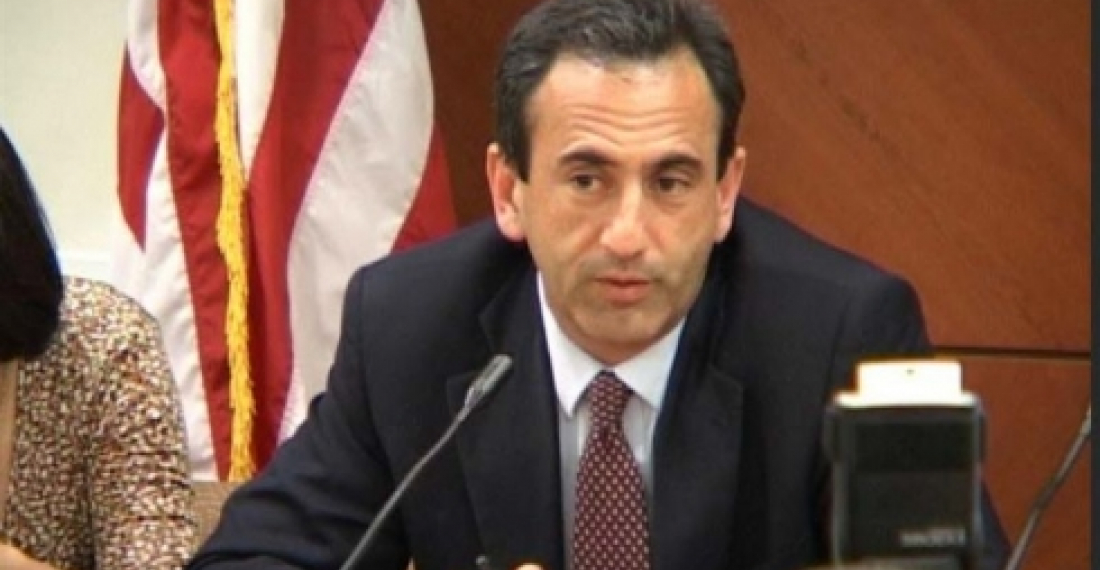U.S. will continue to encourage normalization between Turkey and Armenia, Assistant Secretary of State Philip Gordon said, speaking at the Korber Foundation Wednesday. Gordon also stressed that joint efforts with the EU and other international partners have achieved progress.
"Our ongoing engagement with and assistance to Georgia has furthered its democratic development, while we have strongly maintained our support for Georgia's territorial integrity and sovereignty. The U.S. and EU supported the Swiss-mediated agreement between Georgia and Russia that paved the way for Russia's invitation to the WTO in December.
"Elsewhere in the region, we will continue to press for democratic reforms and an opening of the political space such that human rights and fundamental freedoms are fully respected; to encourage normalization between Turkey and Armenia; and to continue our high-level engagement through the Minsk Group to help Armenia and Azerbaijan find a lasting, peaceful settlement to the Nagorno-Karabakh conflict," he said, the official website of the Department of State reports.
Armenia and Turkey signed the "Protocol on the establishment of diplomatic relations" and the "Protocol on the development of
bilateral relations" in Zurich on October 10. Following Turkey's unwillingness to ratify the protocols and attempts to link
ratification with the Karabakh conflict made President of Armenia Serzh Sargsyan sign a decree on suspension of the procedure of
ratification of the Armenian -Turkish protocols. After the protocols were removed from agenda of the Turkish parliament in August 2011 as the term of the parliament of the previous convocation expired, in some two months they were returned to the agenda of the Turkish national assembly. However, the term of their ratification has not been determined yet.







